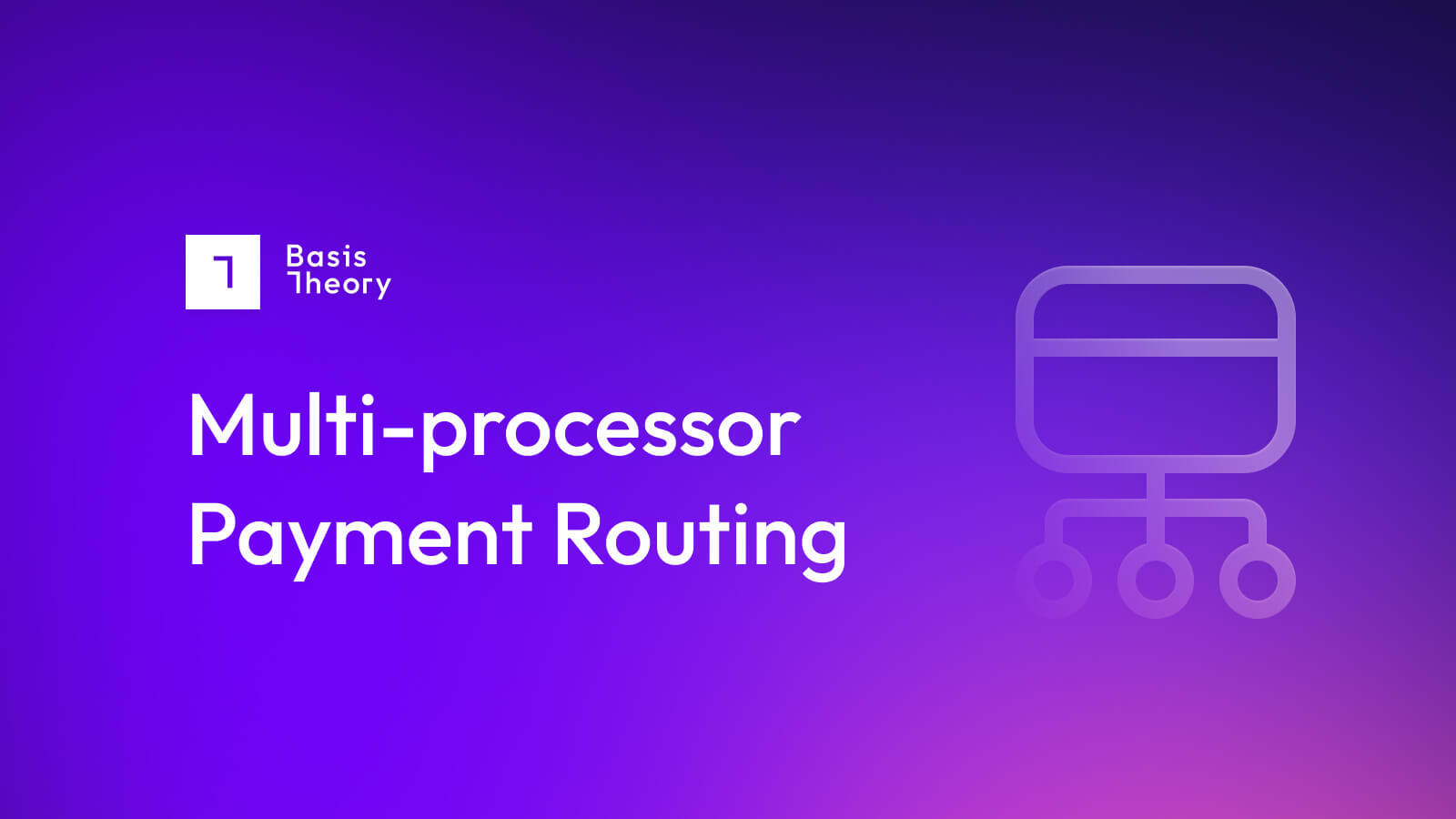Smart Payment Routing: Transactions Moving From A to B

The tale is as old as time: merchants in a hurry to get to market sign up with a single payment services provider (PSP). As transaction volumes grow, the merchant quickly realizes that having a single point of failure is risky, and that partnering with multiple PSPs opens the door to other services and fee structures while eliminating the single point of failure risk.
Having created relationships with multiple PSPs, merchants then must build a decisioning engine that directs each transaction to the appropriate processor. This is known as smart payment routing or intelligent payment routing.
Describing Payment Routing
It is hard to argue that merchants should not deploy payment routing on some level. Merchants with low transaction volumes may not see a need for intelligent payment routing logic. However, as they scale and consider working with multiple PSPs, building their own intelligent payment routing workflow can increase the likelihood that transactions will successfully close and reduce the cost of processing.
Particularly for merchants doing business globally, using a PSP with a presence local to the buyer’s bank will significantly impact transaction approval rates.
This was the case with AppsMarket and the Hearty App, a mobile app offering ideas for spending time with children. The app includes in-app purchases and subscription payments. Customers would use credit cards and Apple Pay, but as the company scaled and information became outdated, payments began to fail.
The company needed a solution to vault credit card and Apple Pay data and unlock a multi-payment processor approach.
Basis Theory provided a solution, with features like 3DS and Card Account Updater.
“We wanted to make sure that if the customer card gets out of date, we can pull in the new one and use it,” says Fedir Bobylev, Solutions Architect for AppsMarket, the company that owns the Hearty App. “Then we can route the payment depending on the country or region.
“We have some basic routing options to keep our eggs in two separate baskets.”
Similarly, different PSPs will provide access to other payment methods (digital wallets, etc.), meaning that a merchant may need agreements with more than one PSP to offer their customers the option to buy with their preferred payment method.
It is also important to note that PSPs have wildly different fee structures, which can make a material difference to the cost of doing business. Most fees are based on a markup of what is known as the ‘interchange rate,’ which is the fee charged by the card network of whichever card type (e.g., Visa, Mastercard, etc.) the customer wishes to use.
Card networks or full-service PSPs may combine the different fees to create a flat fee (e.g., 2.9% + $0.30) or apply different markups for different services.
With an intelligent payment routing strategy, merchants partner with a range of PSPs and fee structures to optimize transaction costs.
Important Elements of Smart Payment Routing
Where smart payment routing is a calculated effort to identify the optimal processor for a sale, a cascading payment strategy is intended to automatically re-present failed transactions to alternative processors in the hopes of arriving at a successful conclusion. With smart routing and cascading payments, a transaction follows custom logic and a set of rules that dynamically determine how it will be transmitted for processing.
This dynamic flow is based on factors like region to improve the chances of approval.
While it is true that many ‘soft’ declines of credit cards may turn out to be ‘false positives’, and that a subsequent attempt with a different PSP may go through, it’s essential not to be overly aggressive: sending too many already-failed transactions to a downstream PSP may give that partner the impression you are running a high-risk business, and cause them to end your partnership.
Is payment routing the same as payment orchestration?
These are two different functions within the payments ecosystem. Both concepts play a distinct role in how transactions are processed and managed.
Payment routing is the process of directing a payment transaction to the appropriate processor or financial institution, based on predefined rules. A merchant will set up retry logic routes for transactions to maximize approval rates, optimize costs, or meet other specific criteria.
Payment orchestration is a more comprehensive approach to managing an entire payment process across multiple PSPs. It includes payment routing, along with tools or features like fraud detection, transaction monitoring, and reconciliation. Payment orchestration provides more of a platform, whereas payment routing focuses primarily on directing transactions to the right processor.
Implementing Payment Routing
The biggest challenge to executing a payment routing strategy is ensuring control over customers’ credit card and other PII details. This goes back to decisions made before even launching a product.
For merchants just getting started, the shortest path to going live is to use a full-service PSP, who essentially shields the merchant from most of the friction in getting set up: they will obtain a merchant account, provide APIs or other SDKs to rapidly implement payment processing, and may very well offer a flat fee schedule that simplifies business planning.
Full-service PSPs will offer merchants the option to let customers store, and re-use in the future, their credit card information.
But to execute a smart payment routing program, the merchant needs to have direct access to those details—something no PSP is likely to grant.
Which is why so many merchants are turning to tokenization service providers to solve this conundrum. In this scenario, the merchant stores their customer data in Basis Theory’s vault, and receives a token that they can confidently store without having to solve the significant and ongoing challenge of attaining and maintaining PCI compliance.
With the token safely in hand, the merchant can run its decisioning engine, decide which PSP to use for a given transaction, then instruct Basis Theory to submit the details accordingly: all the control, with none of the risk or lock-in. A full payment routing strategy.
One insurance company developed a “Super App” for all personal insurance policies—and chose Basis Theory as its tokenization provider. The company manages nearly $100 million in premiums.
“We needed a solution that we could implement quickly and was not super operationally heavy. It was clear to me that Basis Theory was what we needed and I’d be hard-pressed to think there’s something more relevant to what we were trying to solve, which was to maintain PCI compliance.”
Read the full story about an insurance company maintaining PCI compliance with Basis Theory.
.png?width=365&height=122&name=BTLogo%20(1).png)



